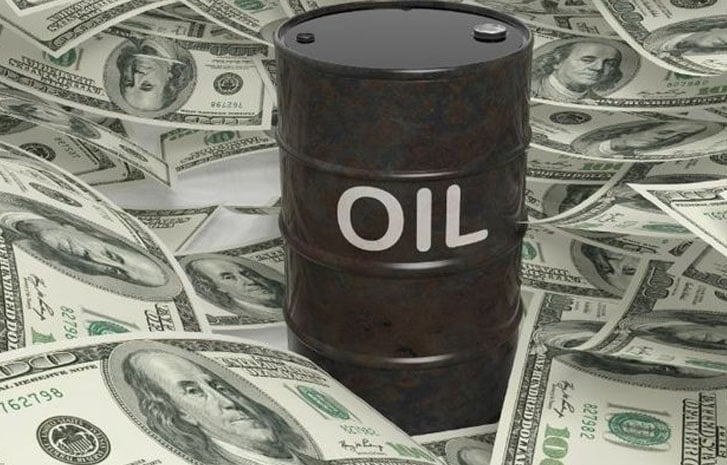Ghana earned a total of $370.62 million in petroleum revenues during the first half of 2025, according to the Bank of Ghana’s latest semi-annual report issued under the Petroleum Revenue Management Act (PRMA), Act 815.
The revenue, covering the period from January to June 2025, was drawn from three main sources: crude oil liftings, other petroleum-related inflows, and investment interest accrued in the Petroleum Holding Fund (PHF).
Crude oil exports remained the dominant source of income, bringing in $218.63 million. This figure represents proceeds from the 81st and 82nd liftings from the Jubilee Field, as well as the 17th lifting from the Sankofa-Gye Nyame (SGN) Field.
An additional $148.75 million was received from other sources, including corporate income taxes, surface rental fees, and final tax payments by major upstream players such as Kosmos Energy, Tullow Ghana, ENI Ghana, and Petro SA.
Interest earned from investments of the PHF contributed a further $3.24 million.
In accordance with the PRMA allocation formula, $63.53 million of the total petroleum revenue was transferred to the Ghana Petroleum Funds (GPFs). Of that amount, the Ghana Stabilisation Fund (GSF) received $44.47 million, while the Ghana Heritage Fund (GHF) received $19.06 million.
At the beginning of the year, the Stabilisation Fund had a balance of $196.92 million. It received allocations and investment interest totalling $47.33 million. However, government withdrawals amounting to $121.33 million reduced the fund’s balance to $122.91 million by the end of June.
The Heritage Fund, by contrast, saw steady growth. It recorded interest income of $23.92 million, increasing its balance from $1.26 billion to $1.3 billion. No withdrawals were made from this long-term savings fund during the reporting period.
Notably, the report indicates that no transfers were made to the Annual Budget Funding Amount (ABFA) in the first half of the year. This is attributed to delays in the receipt of some corporate tax payments from the first quarter, which are now expected to be allocated in the second half of the year.
The data underscores the continued importance of petroleum revenues to Ghana’s fiscal framework, even as the country navigates global market fluctuations and domestic funding needs.


